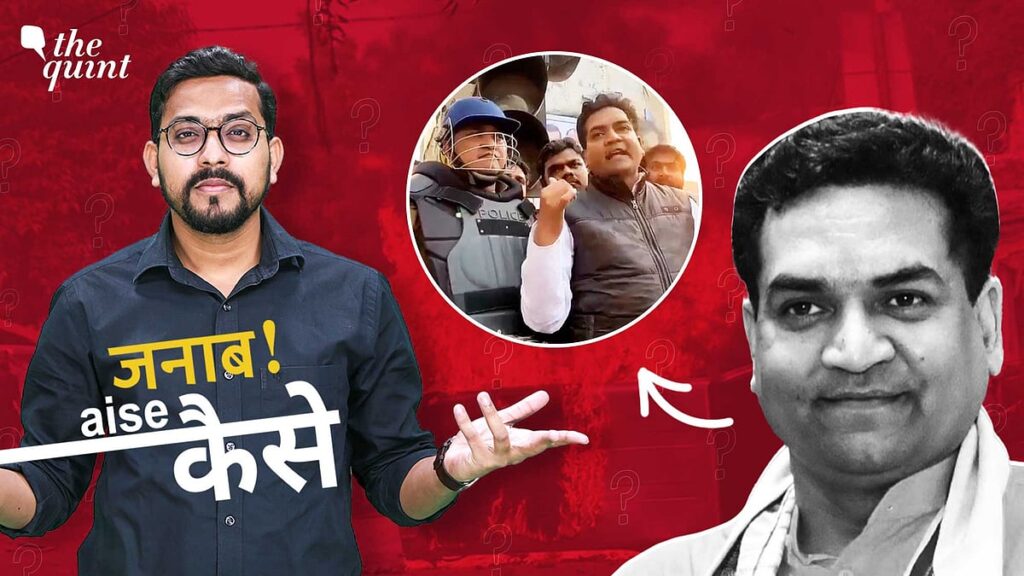While filing of Ilyas case and FIR against Kapil Mishra represents a small win for justice, they also highlight the deep flaws in India’s legal and police systems. If it takes five years to file an FIR in such a high-profile case, what happens to the common citizens seeking justice? How many other victims of abusive language, violence and political incitement have ignored, delayed, or completely rejected?
In 2020, a worker, Harsh Mandar, filed a petition, demanding action against Mishra and other BJP leaders, who gave disgusting speeches. However, the court took only one action, despite the repeated efforts of Mandar. Their case, like many others, highlights how the legal system often works at a glacial speed, especially when powerful political figures are included.
Kapil Mishra’s case also raises uncomfortable questions about the relationship between police, judiciary and political power. The slow pace of justice, repeatedly issued to Swachh Chits Mishra, and the police inquiries about the police investigative process suggests a system that is not always appropriate or efficient, especially when powerful political figures are included.
The 2020 Delhi riots were a dark chapter in the history of the city, and the delay in filing an FIR against Kapil Mishra only adds the pain of the victims. The failure of the police and the delay of the delay of the judiciary has surprised many people whether justice is reserved for those people in power or whether it is really blind.
It is important for the legal system to learn from this case and to ensure that there is no such delay in the future. Justice should be faster, especially in cases in which the lives of common citizens are included. Delhi’s riots are worth more than just one FIR after a delay of five years. They deserve closure, accountability and a system that keeps all individuals, regardless of the same standards as justice.
In the case of Kapil Mishra’s inflammatory speech, the fight for justice may finally be a cedar, but the journey is over. It will take time to ensure that Mishra, and others like him, are accountable to his actions. However, the case highlights flaws in legal and political systems, where justice is often delayed, and a free pass is given to powerful individuals.
As the court ordered an FIR against Kapil Mishra, justice can eventually be strong, but only after a long, hard and often painful battle. This case serves as a reminder that the struggle for justice is not always quick or easy, but it is worth every effort.


